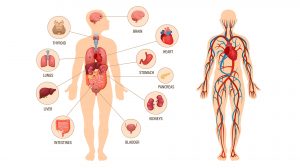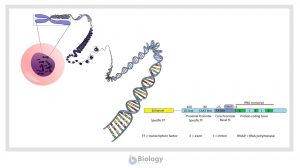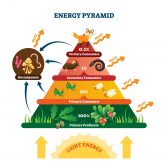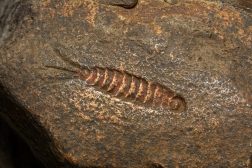Definition
noun
A hydrolytic enzyme implicated in the breakdown of ganglioside producing N-acetyl-D-galactosamine.
Supplement
Hexosaminidase A gene mapped on chromosome 15q23 that catalyzes the degradation of GM2 ganglioside and other molecules containing terminal N-acetyl hexosamines which has an alpha and beta subunit.
Hexosaminidase A gene provides instructions to make subunit enzyme beta-hexosaminidase A to play a vital role in the brain and the spinal cord located in the lysosomes that breakdown toxic substance and fatty substance known as GM2 ganglioside. It also acts as recycling centers and when it is deficient will caused brain and other nerve cells to die that lead to severe neurological problems.
Hexosaminidase A gene mutation has been associated as a cause of Tay-Sachs disease in which mutated gene reduced or eliminate the activity of the these enzyme from breaking down GM2 ganglioside resulting to build up of toxic levels particularly the nerve cells in the brain and spinal cord. Acute infantile Tay-Sachs is the most common form of hexosaminidase A deficiency resulted in gradual loss of movement and mental function that usually appears in infants between 3-6 months of age which also develop seizures, mental disability, hearing loss and eventually paralyzed.
Gene name: HEXA
Protein name: Beta-hexosaminidase subunit alpha
Synonyms:
• Beta-N-acetyl hexosaminidase subunit alpha
• Hex A
See also:
• Ganglioside
• Hexosamines
• Tay-Sachs disease
Dictionary > Hexosaminidase A
You will also like...

The Human Physiology
Physiology is the study of how living organisms function. Thus, human physiology deals specifically with the physiologic..

Gene Regulation in Eukaryotes
Learn about the general structure of a eukaryotic gene, the transcription factors, and post-transcriptional regulation....

Freshwater Community Energy Relationships – Producers & Consumers
This tutorial looks at the relationship between organisms. It also explores how energy is passed on in the food chain an..

Human Reproduction
Humans are capable of only one mode of reproduction, i.e. sexual reproduction. Haploid sex cells (gametes) are produced ..

Insects
There are more species of insects than any other species combined. This surely illustrates that insects have the selecti..

Mātauranga Māori and Science
Mātauranga Māori is the living knowledge system of the indigenous people of New Zealand, including the relationships t..

